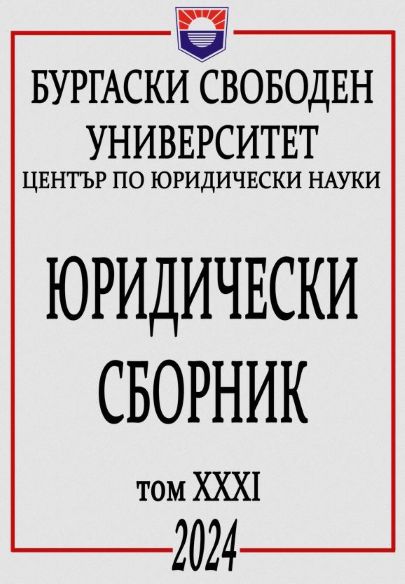ПРАВЕН АНАЛИЗ НА ЧЛ. 7 ОТ ВИЕНСКАТА КОНВЕНЦИЯ ЗА МЕЖДУНАРОДНА ПРОДАЖБА НА СТОКИ (CISG)
LEGAL ANALYSİS OF ART. 7 OF THE VİENNA CONVENTİON ON İNTERNATİONAL SALE OF GOODS (CISG)
Author(s): Emine IlyazSubject(s): Law, Constitution, Jurisprudence, International Law, Commercial Law
Published by: Бургаски свободен университет
Keywords: interpretation; autonomy; good faith
Summary/Abstract: The fact that countries have different substantive legal norms regarding the contract of sale, which is one of the most basic contracts in international trade, hinders the free development of international trade. In a dispute from an international sale of goods, the parties do not know which legal norms will govern the dispute between them, which gives rise to mistrust. One of the ways to overcome this problem is the adoption of uniform substantive legal norms regarding the contract of sale. The Vienna Convention on the International Sale of Goods (CISG) was created to unify substantive law in the field of the international sale of goods. In the event that the interpretation of the contract between the parties reveals that there is no provision applicable to the matter, this contractual gap should be filled by applying the usual practice. At this point, the interpretation of the provisions of the CISG is important. The rule regarding the interpretation and filling of the blanks is regulated in Art. 7 of the CISG. Accordingly, the provisions of the CISG should be interpreted independently of the rules of interpretation in those legal systems, taking into account the international nature of the Convention.
Journal: Юридически сборник
- Issue Year: XXXI/2024
- Issue No: 1
- Page Range: 253-260
- Page Count: 8
- Language: Bulgarian

